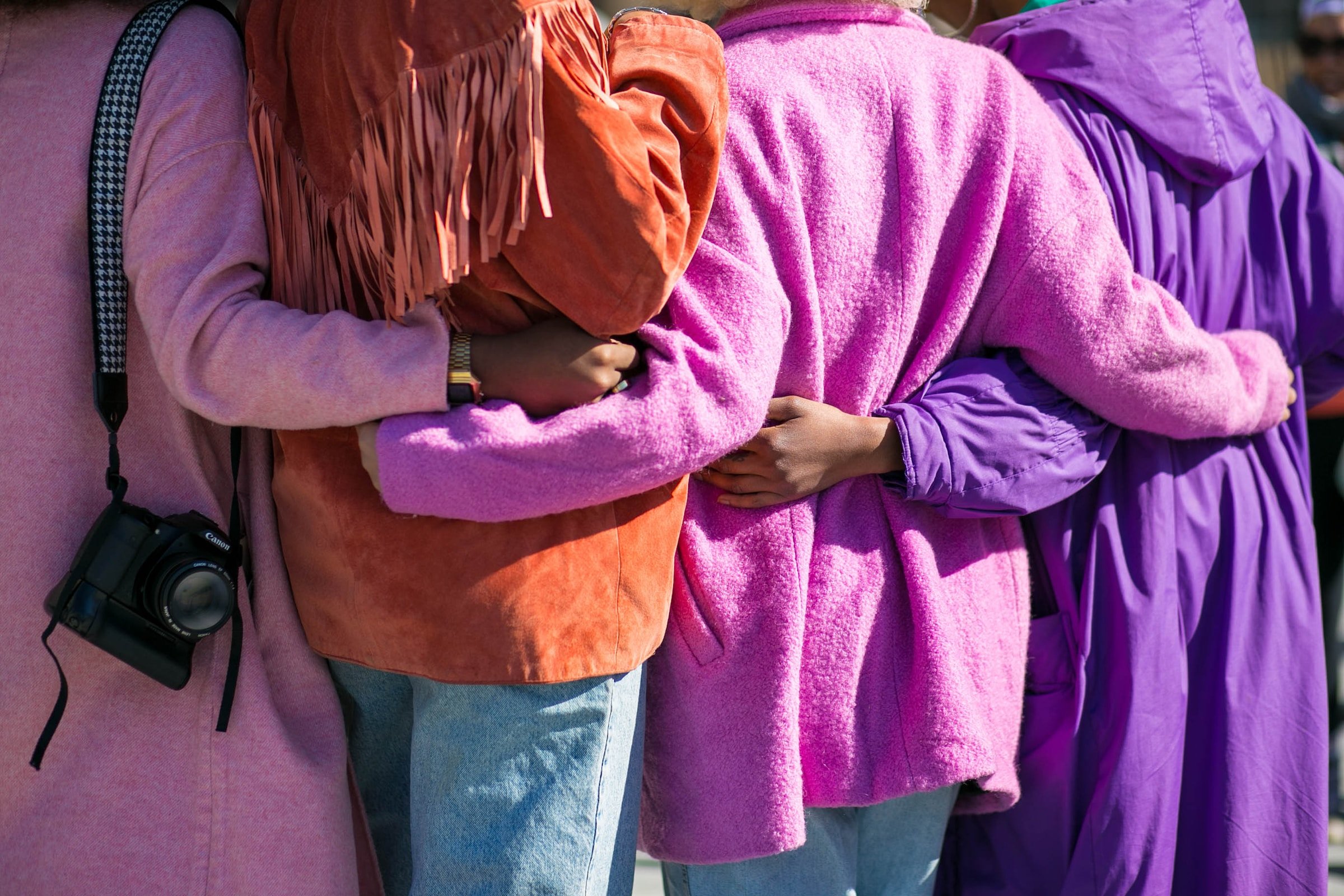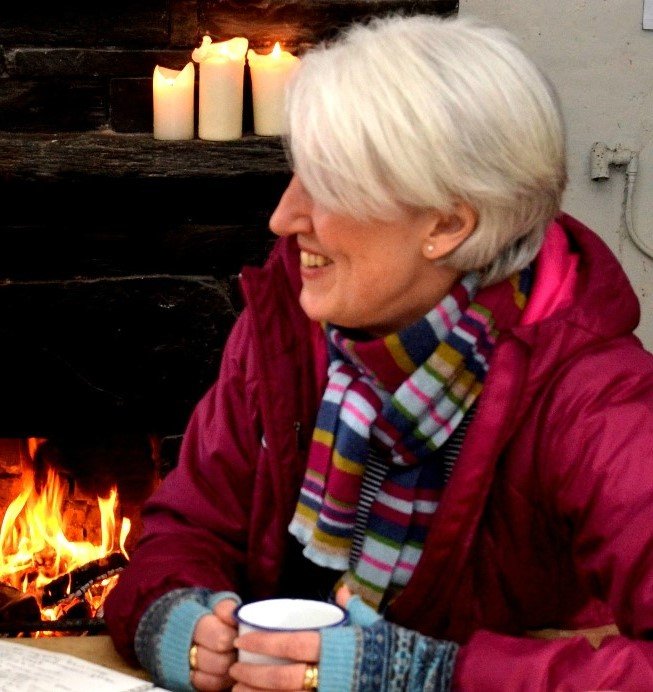
Autism information and resources
You are not alone
For far too long, autistic women were seen by experts as one step removed from unicorns and the invisible man: if not exactly mythical, at least vanishingly rare.
According to the latest research, there could actually be anything from 350,000 to 700,000 of us living undiagnosed in the UK alone.
This is the website I wish had existed when I discovered, at the age of fifty-eight, that I am autistic. Despite the title, it’s for anyone, of any age – female, male or non-binary – who knows, or suspects, they’re autistic. I hope you find the resources, information and thoughts I’ve put together useful.
But remember, everyone’s experience of autism is different, and I’m just one person, writing from my own perspective. If you can think of ways the site could be improved, please get in touch.
Alex Morgan
There’s no fix or cure for autism. And that’s okay, because autistic people aren’t broken.
The condition involves all sorts of challenges, but it also gives us many strengths. We’re as different from each other as neurotypical people are, with distinct personalities, likes and dislikes, good points and bad. But we do seem to have certain things in common. Autistic people tend to be kind, honest, direct, quirky, original and creative - and those are things to celebrate.
What is autism and what causes it?
Autism is a neurodevelopmental condition: that means it affects the brain. Experts, most of whom aren’t autistic, often call it Autism Spectrum Disorder (ASD); many of us who are autistic prefer the less derogatory term Autism Spectrum Condition (ASC).
According to the official diagnostic criteria, autism is characterised by difficulties with social communication and interaction, restricted and repetitive behaviours, activities or interests, and sensory sensitivities. They are present from early childhood and limit or impair day-to-day functioning.
Put at its simplest, the wiring of an autistic brain is more tangled than that of a neurotypical one, making processing more difficult, whether it relates to dealings with other humans, physical and emotional stimuli, change and uncertainty, or pretty much anything else. It also means we’re soothed by routines and patterns, straightforward, reliable things our brains find easier to cope with.
Autism isn’t something you catch or develop; it is a life-long condition. It isn’t caused by vaccines or viruses, bad parenting or environmental factors. Professor Simon Baron-Cohen, director of the Autism Research Centre at the University of Cambridge, says it is ‘highly heritable’, but much about it remains unknown.
In a 2012 article in magazine Scientific American, he explained: ‘An identical twin of someone with autism is around seventy times more likely to develop autism… compared with an unrelated individual. Although researchers have uncovered associations between specific genes and autism, no one has identified a group of genes that reliably predicts who will develop the condition. The genetics of autism are far more complex than that.’
More than a decade on, the full range of genes involved is still a mystery. Perhaps because of this complexity, the precise details of how it manifests are unique to each individual. As the saying goes, once you’ve met one autistic person, you’ve met one autistic person.
Why have so few women been diagnosed?
It’s a self-fulfilling prophecy: look only for men and that’s what you’ll find. Early research focussed almost exclusively on boys, so the picture of the condition built up by medical professionals was based largely on behaviours they often displayed: reluctance to interact socially, physical awkwardness and special interests that frequently revolved around counting and classifying things.
However, many females present differently. Thanks to millennia of conditioning, we’ve developed a strong tendency to hide our difference and adapt our behaviour to fit socially accepted norms. Stand out too much and we risk being shunned and demonised: see everything from the witch burnings of past centuries to today’s noxious peer and media attitudes towards women who fail to appear sufficiently ‘flawless’. Teaching ourselves to speak and act like everyone else keeps us safe. This can also apply to non-binary people and, although it’s not so common, to men as well.
The compulsion to ‘mask’ in this way can be so strong even those closest to us are unaware of what we’re doing. We don’t know it ourselves, for heaven’s sake. Until it becomes too much, and the façade begins to crumble – or we spot, and accept, our own deception and give ourselves permission to change. Until then, we’re capable of going to extraordinary lengths to protect ourselves, in the process becoming more and more exhausted and distanced from any sense of who we really are.
Main picture: Vonecia Carswell. Picture of Alex Morgan: Jonathan McMeekin.
